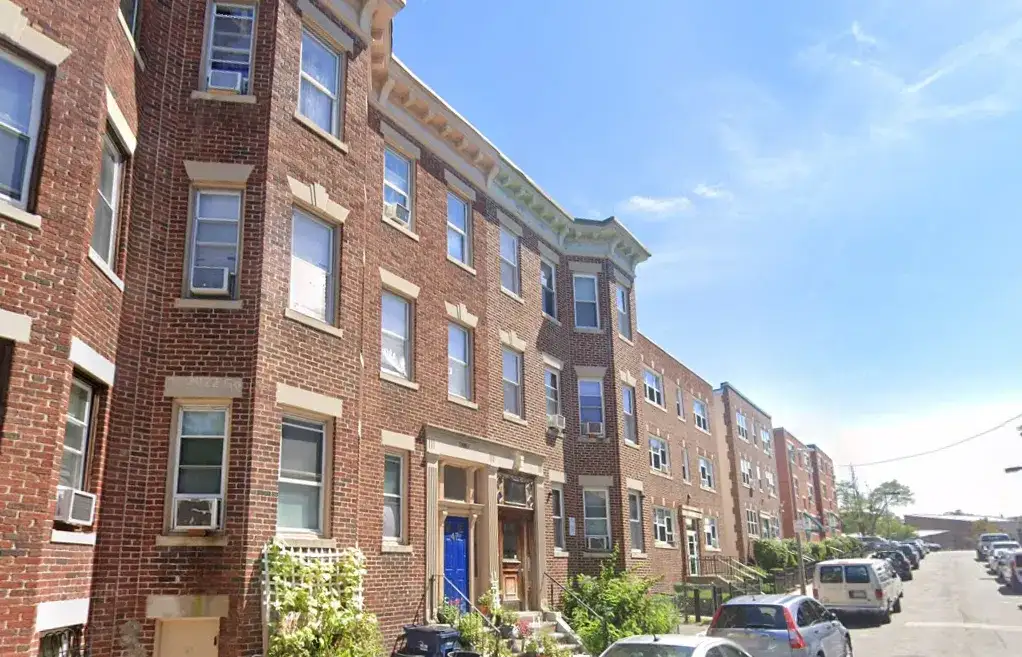- Your cart is empty
- Continue Shopping
Alcohol withdrawal Symptoms, diagnosis and treatment

In co-morbid patients taking other medications such as β-blockers, significant changes in vital signs (blood pressure and heart rate) can be masked and appear normal. The 2nd degree AWS symptoms are characterized by visual and tactile disturbances and generally start 24h after the last drink. Almost 25% of AWS patients show transient alterations of perception [27, 28] such as auditory (voices), or, less frequently, visual (zooscopies) or tactile disturbances [26]. They may be persecutory and cause paranoia, leading to increased patient agitation [27]. When these symptoms become persistent, the patient has progressed to alcoholic hallucinosis. However, the patient recognizes the hallucinations as unreal, as dysperceptions, and maintains a clear sensorium [26].
- Alcohol withdrawal (alcohol withdrawal syndrome) is a range of symptoms that can happen if you stop or significantly reduce alcohol intake after long-term use.
- Whether used for medical or recreational reasons, stopping cannabis use might induce withdrawal symptoms, especially if you use it regularly and in high doses.
- Alcohol, a CNS depressant, stimulates the GABAergic system and, in acute intoxication, causes a range of clinical manifestations such as disinhibition, euphoria, and sedation.
- However, the symptom-triggered regimen has been shown to reduce total BZD consumption and treatment duration with respect to fixed-dose in patients at low risk for complicated AWS [53].
- Stress can be a trigger for people with PAWS, and some research suggests that PAWS can lead to increased sensitivity to stress.
Alcohol Withdrawal Symptoms
However, only about every second person living with an alcohol use disorder will develop symptoms due to alcohol withdrawal when drinking is strongly reduced or stopped. Moderate symptoms of alcohol withdrawal may last up to 6 days, whereas severe symptoms may last for 5 to 7 days. If your blood pressure, pulse, or body temperature rises, or if you have more serious symptoms like seizures and hallucinations, seek medical care immediately (dial 911). Severe and complicated alcohol withdrawal requires treatment in a hospital — sometimes in the ICU. While receiving treatment, healthcare providers will want to monitor you continuously to make sure you don’t develop life-threatening complications. Healthcare providers typically prescribe short-term medications to relieve the symptoms of mild to moderate alcohol withdrawal.
- Ambulatory withdrawal treatment should include supportive care and pharmacotherapy as appropriate.
- Your triggers could include stress, sleeplessness, or even certain foods.
- During an exam, they’ll look for other medical conditions to see if they could be to blame.
- Studies show support groups play an instrumental role in helping people develop healthy social networks that result in continued sobriety.
- If you or someone you know shows signs of delirium tremens, go to the emergency room immediately.
Benzodiazepines

The mild-moderate form of AWS is often self-managed by patients or disappears within 2–7 days from the last drink [5, 7], while the more severe AWS requires medical treatment [4, 5]. The identification and subsequent treatment of AWS is of paramount alcohol withdrawal syndrome symptoms clinical importance, given that AWS is one of the causes of preventable morbidity and mortality [8]. Symptoms of alcohol withdrawal syndrome may develop within 6–24 hours after the abrupt discontinuation or decrease of alcohol consumption.
- Although lorazepam has some pharmacological advantages to diazepam, the differences are minor and, because i.v.
- AUD is the most common substance use disorder in the U.S., affecting 28.8 million adults.
- Try to remember that you don’t have to feel shame about your experience.
- According to Hilary S. Connery, MD, PhD, the clinical director of the division of alcohol, drugs, and addiction at McLean Hospital in Boston, withdrawal medications are suitable for most people.
- When this happens, your central nervous system can no longer adapt easily to the lack of alcohol.
- Those with a wider circle of support have a better chance of staying sober.
- Although it doesn’t occur in everyone, some people experience PSSD months after stopping long-term SSRI use.
Is there a difference between acute and post-acute withdrawal syndrome?
When a person stops drinking alcohol after frequent or heavy use, the brain and body have to readjust to the chemical imbalances. Alcohol https://ecosoberhouse.com/ withdrawal symptoms will typically last for about 5 days. However, some people may find that their symptoms persist for longer.
- If you need help finding a primary care doctor, then check out our FindCare tool here.
- Keep a list of emergency phone numbers on hand that includes contact info for your doctor, the police, a nearby hospital, and someone you trust.
- You may want to speak with a loved one or therapist about a strategy to prevent relapses from happening.
- When these symptoms become persistent, the patient has progressed to alcoholic hallucinosis.
If you do not have insurance, your doctor can help put you in touch with a facility or treatment program that offers financial aid, financing, or a sliding scale payment system, in which you pay what you can. Avoid people who may encourage you to drink alcohol or may not support your decision to stop. It may be easier on your rehabilitation to skip visits with “drinking buddies” or avoid gatherings with a focus on drinking. The medical professional who evaluated your AWS symptoms may suggest daily follow-ups via telephone or video chat to check on your symptoms and progress. If your symptoms become more severe, it’s essential to reach out to your treatment team and seek professional help right away.

Other ways to get help include talking with a mental health professional or seeking help from a support group such as Alcoholics Anonymous or a similar type of self-help group. If your pattern of drinking results in repeated significant distress and problems functioning in your daily life, you likely have alcohol use disorder. However, even a mild disorder can escalate and lead to serious problems, so early treatment is important. Signs and symptoms of alcohol withdrawal syndrome, divided per stage [60, 74]. Contact your doctor for more information about ways in which you can manage the symptoms of alcohol withdrawal.
Alcohol Withdrawal Delirium


